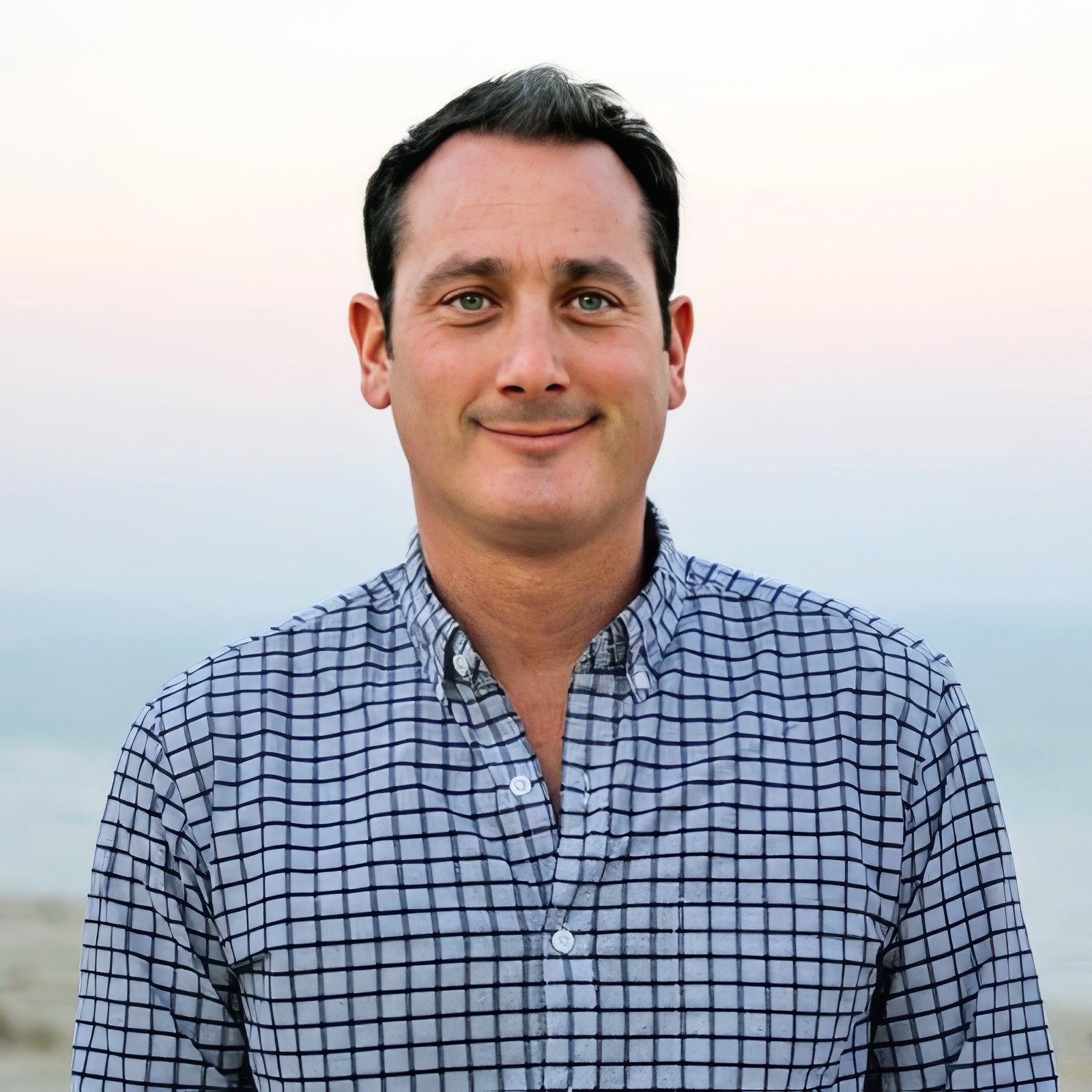A Conversation with David Goldman ’98 and Shoshana Gunasekera, professional & public writing, French, and international studies & diplomacy.
David Goldman ’98, journalism and Spanish, came to URI to pursue his love of surfing but developed a passion for photojournalism at the Good Five Cent Cigar. Joining the university as a marine biology major, Goldman pursued his passion for photography by focusing on broadcast journalism. Between the Cigar and classes, Goldman left URI with technical and interpersonal skills and a portfolio that allowed him to get a job as a staff photographer at the Boston Herald. Today, Goldman is a photojournalist for the Associated Press.
Why did you choose to study at URI?
When looking at schools, I needed to find ones near the ocean to make sure I could surf – and the University of Rhode Island was the one I settled on. I initially came in as a marine biology major, but with the heavy science classes, I switched to undecided for a while before settling on journalism. I wouldn’t change a thing, though, because I was supposed to be there. After choosing URI, Rhode Island became my second home. I’m living in Providence now with most of my family nearby, and I think I can trace it all back to URI.
What made you choose your major?
I needed an after-school job, and I had some friends who worked for the Cigar. So, I applied for an open photographer position and got it. It was through that job that I was introduced to photojournalism and began working and fell in love with cameras. It was then that I changed my major from undecided to journalism. Because there was no distinct photojournalism route, I chose broadcast journalism over print because it involved a camera of some sort, something I knew I was passionate about. Through the broadcast curriculum, I learned the basic fundamentals of framing a shot and other practical aspects shared between video and photo news.
At the time, all the photography courses were also restricted to fine arts majors, but I was able to pick up my photography experience from my after-school job at the Good Five Cent Cigar. I was handed a camera, a Pentax K1000, taught how to develop photos, and what could look good on a newspaper, and sent off on my first assignment, which was a basketball game. I still remember feeling blown away seeing it in the paper the next day. I think my time at the Cigar really laid the foundation for everything that came after, too.
How do you use the skills you learned while at URI today?
What I was studying at the time was a direct parallel to what I was doing at the Cigar – which means that those basic skills I learned and still use today are rooted back at URI.
Oftentimes, I think of the skills I learned from being a part of the Cigar and in my journalism curriculum as being like those of a trade school. It’s one thing to study all these great things and apply them in the workplace much later, but to learn and apply them simultaneously was a different experience altogether. After over two years of experience working at a functioning newspaper: learning to shoot the assignment, developing the film, getting it to print, and adhering to deadlines, I had a portfolio and robust set of skills by the end of graduation – which was the same portfolio and skills that landed me my first job.
Whenever I shoot film in my work today, I can’t help thinking back to my URI days. Though there is such a gap in time, those skills are just so interconnected, and I had a tremendous base to build upon after my time at URI.
What is your favorite memory from URI?
There are so many to pick from, but I remember loving the knowledge that I was getting, loving the major and knowing for sure that this was what I wanted to do. A huge part of that was the great professors I was able to work with: Tony Silvia and Linda Levin, in particular. Linda Levin also advised the Good Five Cent Cigar, helping with printing and publication, so the mentorship I received in my curriculum was crossing over into what I was doing in extra-curriculars.
Another great set of memories is the kinds of news I was exposed to, thanks to my assignments for the Cigar. From covering basketball games, tournaments, features on campus, protests and conferences, I was able to apply a lot of what I did then to what I do now.
What one piece of advice would you give students who are preparing to enter the workforce?
Follow your heart. There will be a lot of reasons why you shouldn’t get into journalism, but if it feels like it’s the right thing for you – do it. For me, it has always been a passion, and I’m grateful that I always listened to what my heart told me because it’s definitely what fulfills me. If you stay true to your heart, it can guide you through the uncertainties that come along with the profession, and if you’re passionate about it – everything else will fall into place.
Another thing about being in college is that you have your entire life to make money and figure out all the serious stuff. In taking time to tune into your passion, you can find that it’ll touch parts of your soul that you never thought possible – something that still rings true in my work today because I am now able to experience history firsthand through photojournalism and learn from different personal perspectives I come across in my work.

